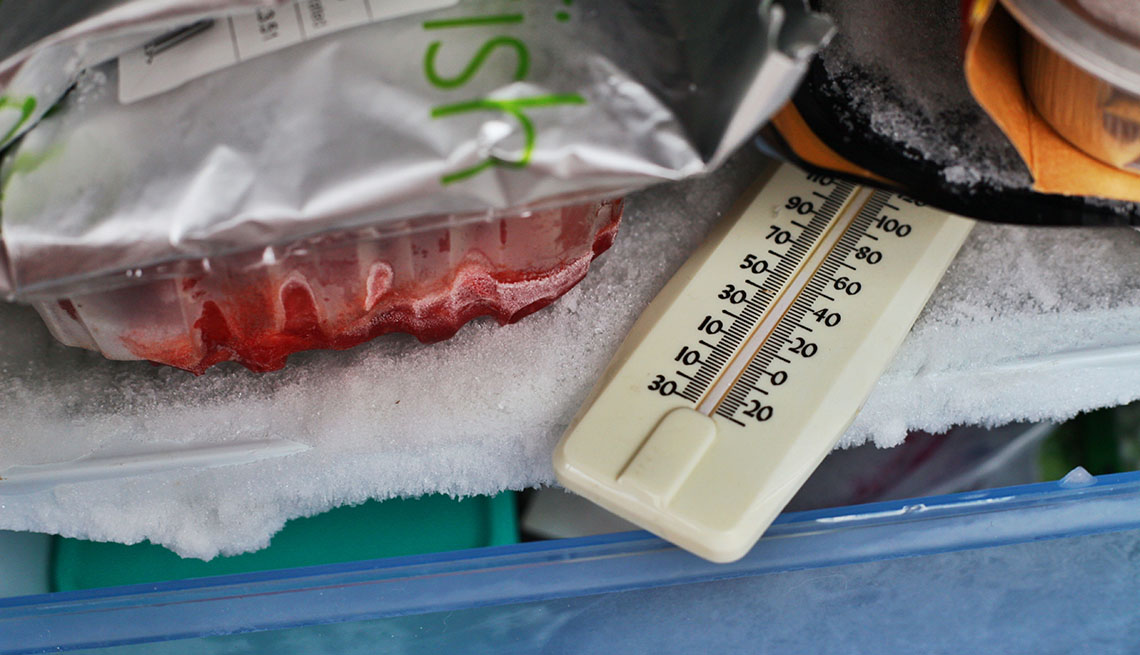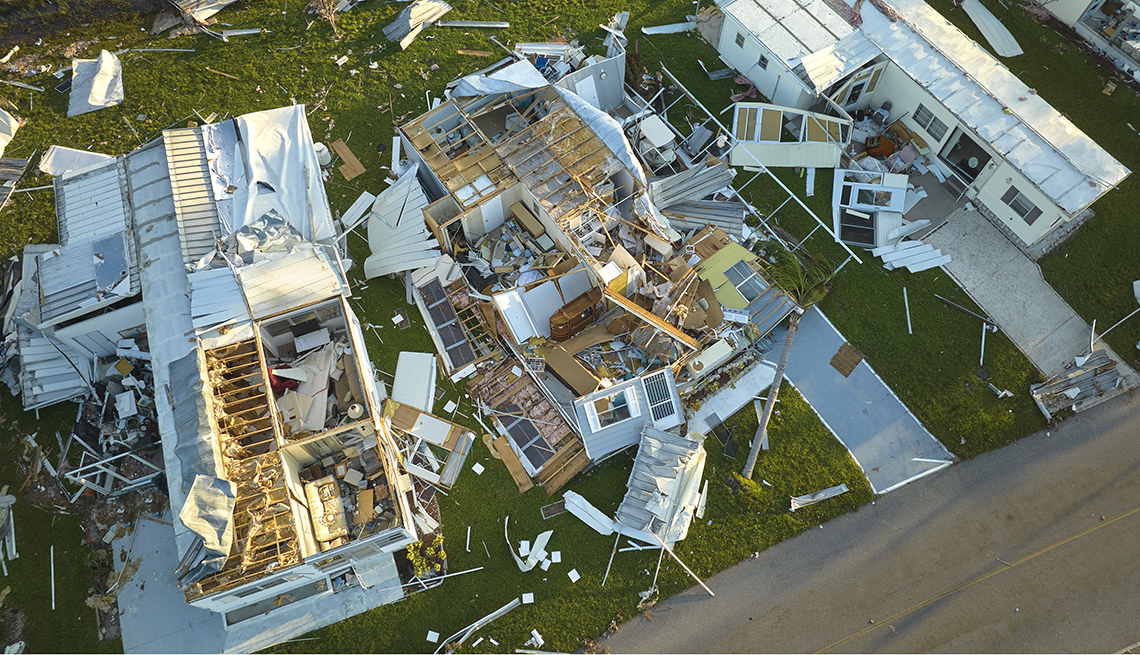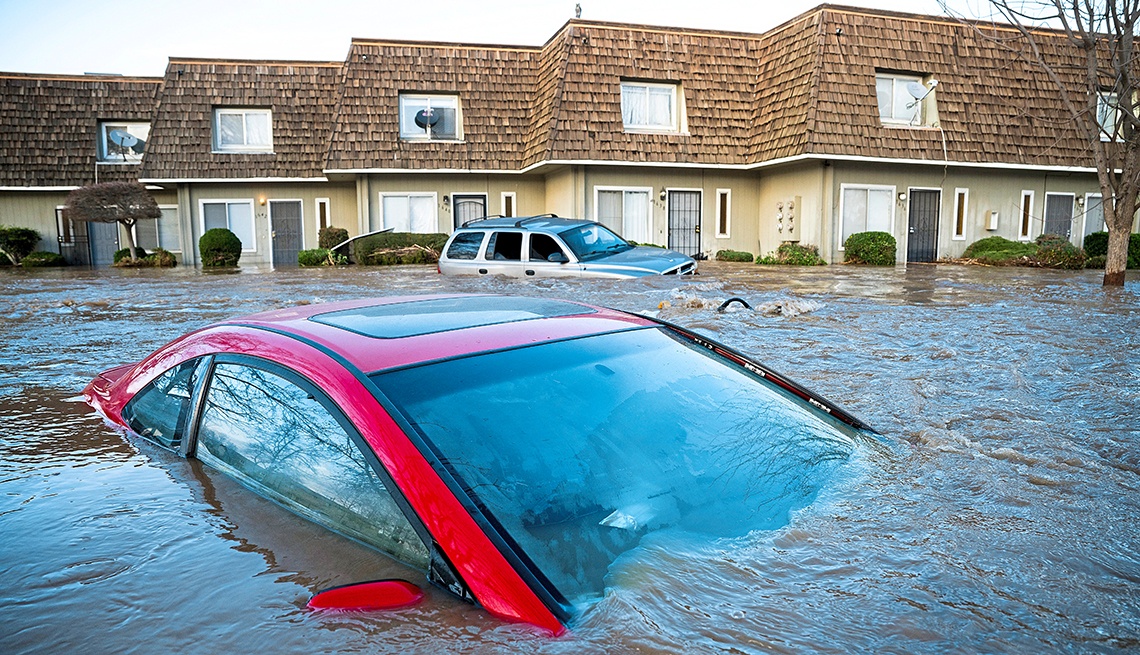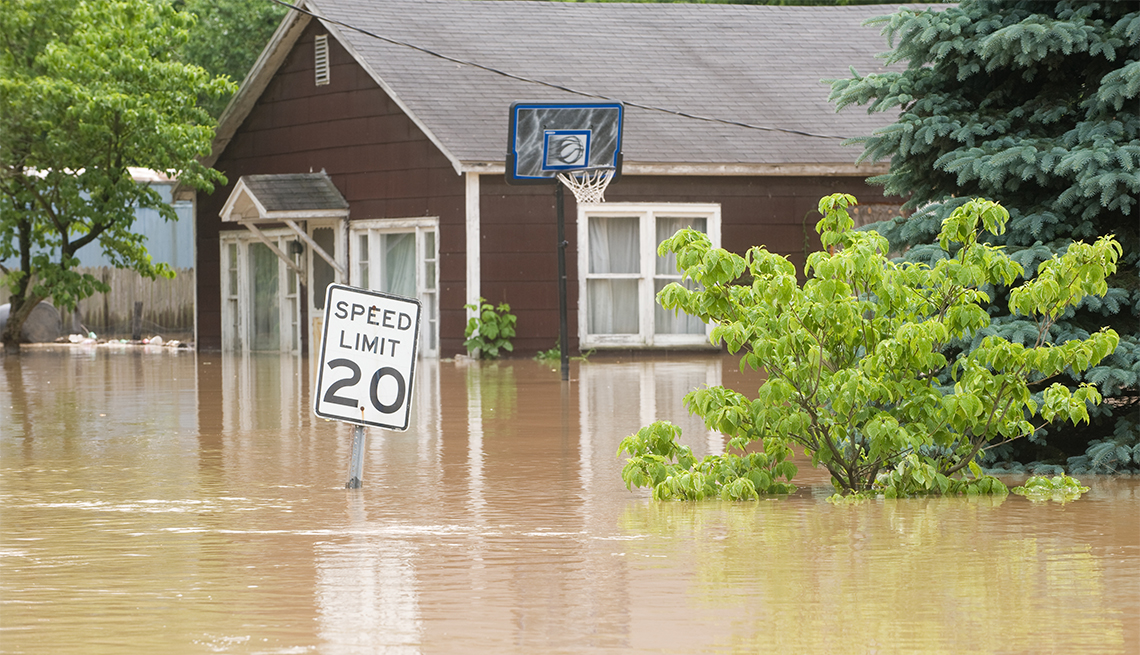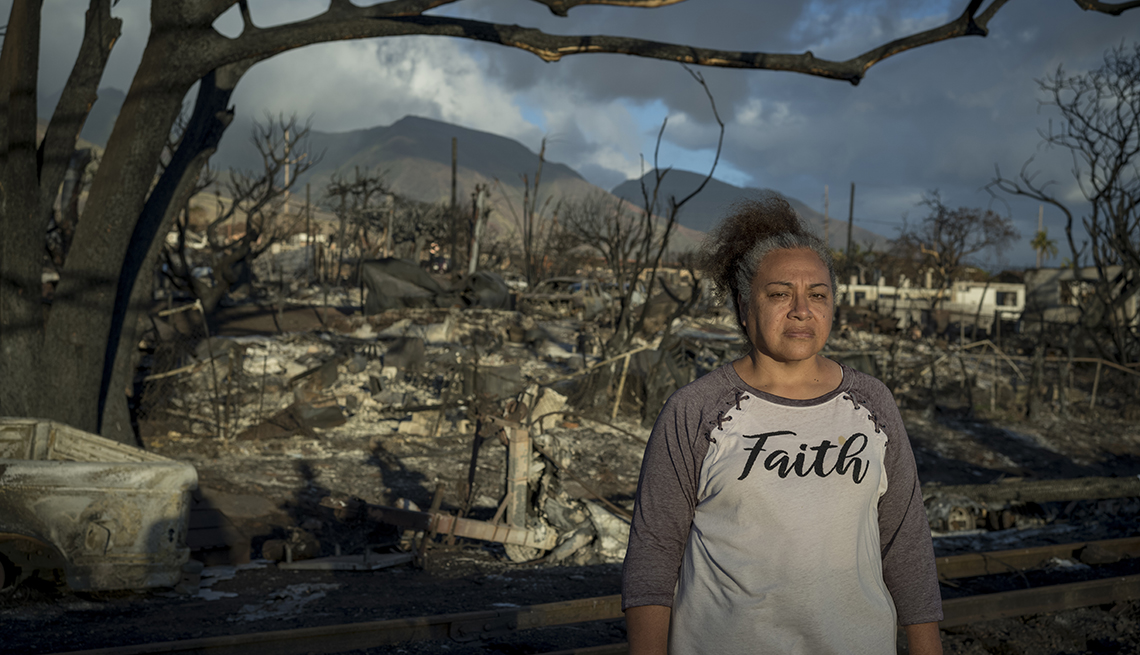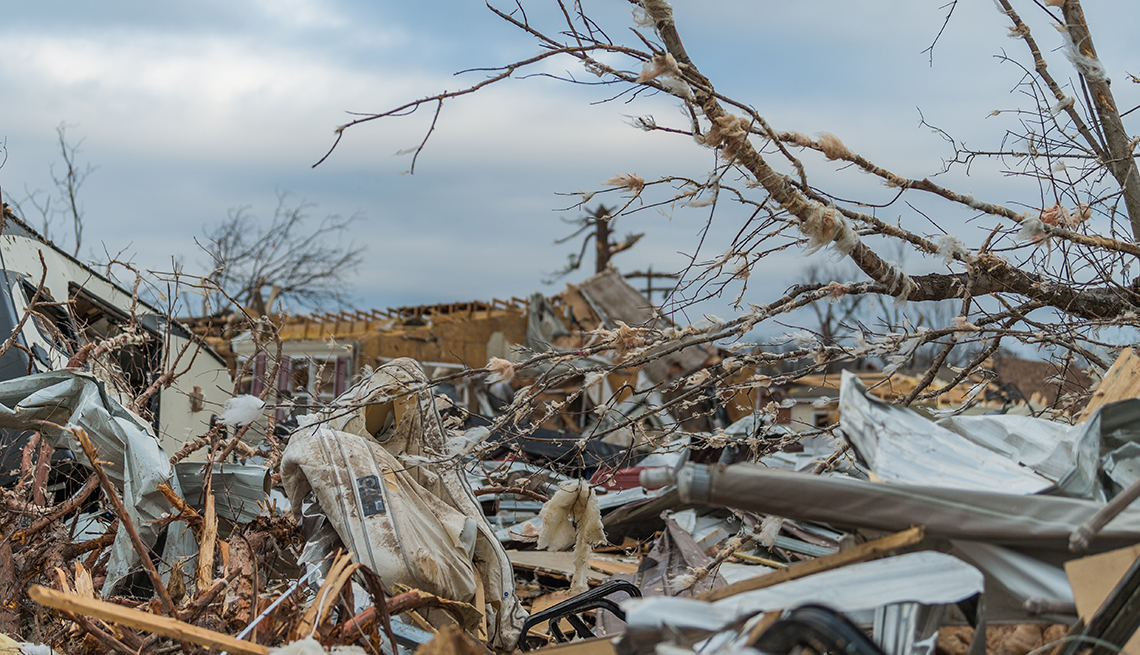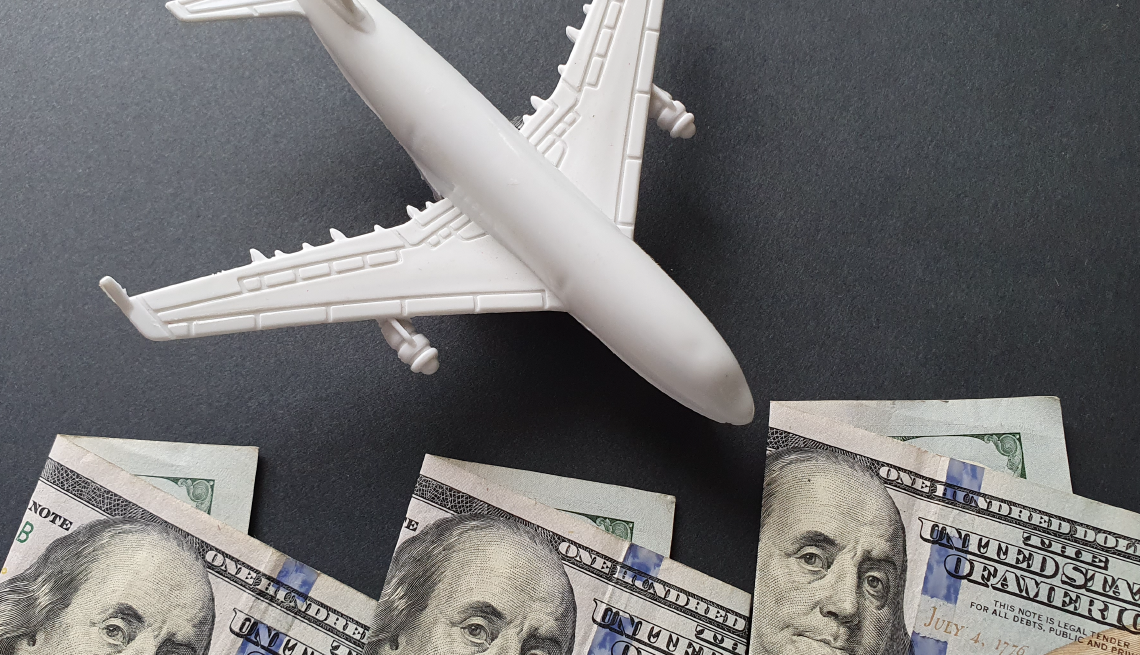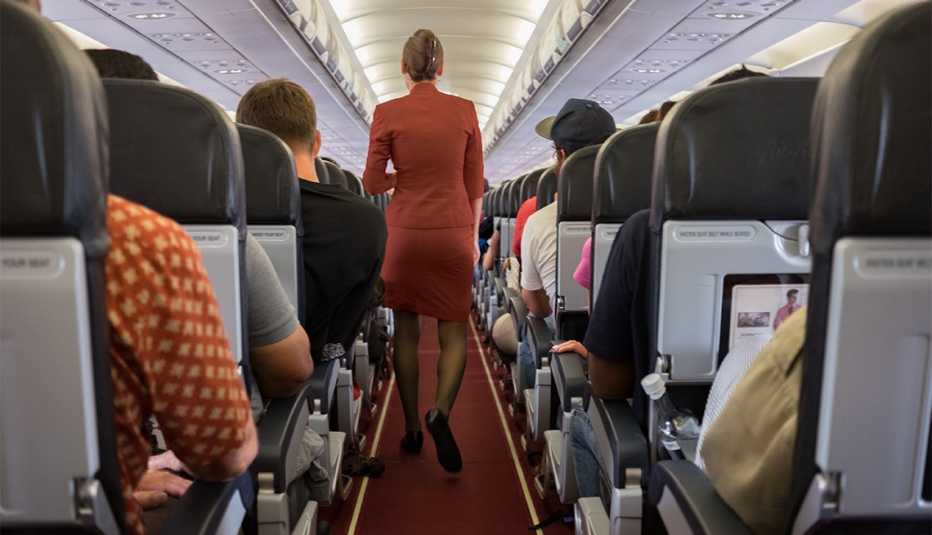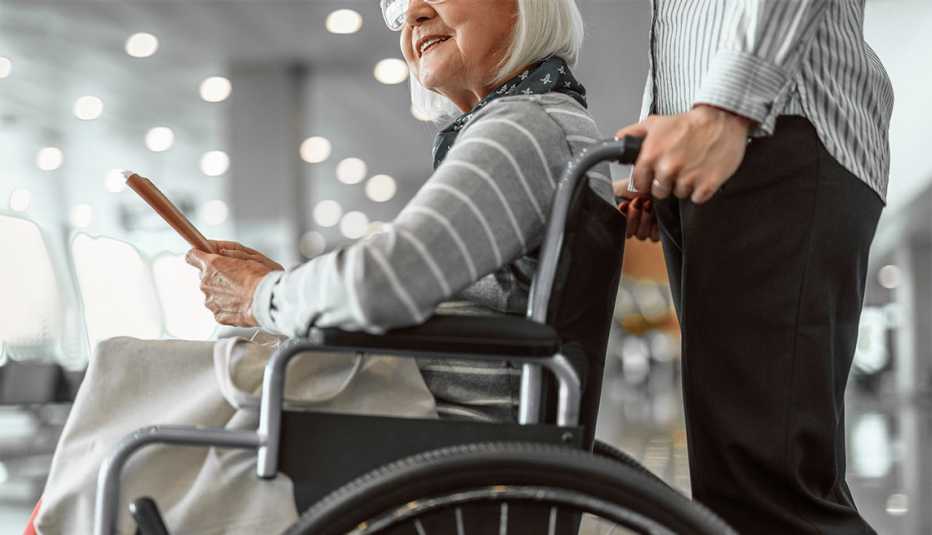Staying Fit
Hurricane Idalia made landfall in Florida on Aug. 30 as a Category 3 storm. The National Weather Service issued a hurricane warning for parts of Georgia and South Carolina, and a tropical storm warning to the North Carolina border with Virginia.
The storm has caused delays and cancellations at airports in Florida, Georgia and South Carolina, with Tampa International Airport closing ahead of the storm. In a statement, the airport said it expected to reopen Aug. 31. Some airlines, including Delta, JetBlue and Southwest, are waiving some fees for travel through Aug. 31, because of the storm. It is recommended that travelers check with their airlines before traveling to the airport.


AARP Membership— $12 for your first year when you sign up for Automatic Renewal
Get instant access to members-only products and hundreds of discounts, a free second membership, and a subscription to AARP the Magazine.
The storm hit ahead of Labor Day weekend, when the Transportation Security Administration (TSA) expects to screen more than 14 million passengers at security checkpoints from Sept. 1 through Sept. 6, according to a news release. TSA also said it has screened about “227.5 million passengers since Memorial Day weekend," noting that travel volumes "are higher than 2019 during the same summer travel period, marking the busiest summer travel period on record."
The aviation industry has seen a rash of delays and cancellations this year. A major winter storm canceled more than 1,100 flights on Feb. 22. Previously, there were cancellations stemming from a holiday winter storm, Southwest Airlines’ technology failure and a Federal Aviation Administration (FAA) computer glitch that caused more than 6,700 flight delays and more than 1,000 cancellations.
If you need to claim a refund for your flight cancellation or delay, keep the following tips in mind.
Refunds 101
According to the U.S. Department of Transportation’s (USDOT) Aviation Consumer Protection program, you may have rights if your travel plans are impacted by a flight delay or cancellation, depending on the reason. The program applies to Alaska, Allegiant, American, Delta, Frontier, Hawaiian, JetBlue, Southwest, Spirit and United airlines.



























































